Bitter Cherry is a Northwest native tree which is named for the formation of 3/8” long red fruit which are juicy but bitter. Also known as Wild Cherry, this deciduous tree grows either as a small multi-stemmed shrub or an upright tree which can attain a height of up 50’. Leaves are oblong to oval in shape, fine toothed, and have rounded tips. Attractive clusters of small, white flowers are produced in April and May. Description from pnwplants.wsu.edu
Home > Plant Guide >
Scientific Name
Family
Garden Type
Wildlife
Native Plant Region
Light needs
Water Needs
Plant Type
Bloom Color(s)
Height
Width
Months in Bloom
Safe Beneath Power Lines?
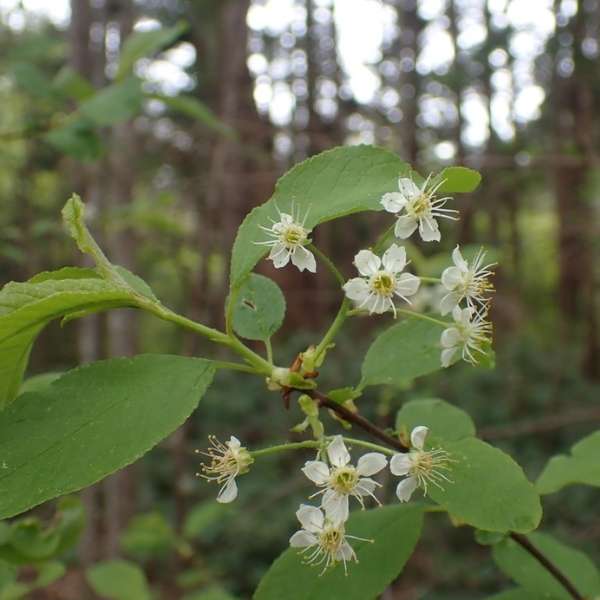
We’d like to maintain accurate and robust plant listings. If you see information that is not correct or that could be added to improve the listing, please let us know. Or if you’d like to suggest a plant to add to our plant guide, you can use this form do so. Thank you!
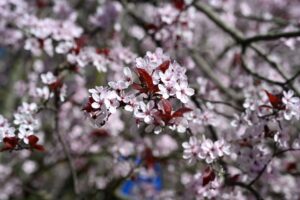
Gardeners can check out seeds for free from the library to plant. Then after harvest, gardeners bring seeds back to the library for others to enjoy in future growing seasons.

Learn about diversifying the way architecture is taught and practiced from designers of color.
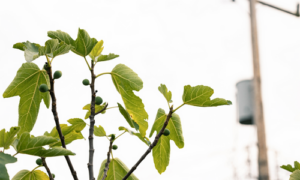
Learn about the diversity in pigeon populations in the United States and the implications of this variability on the species.
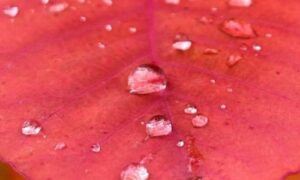
Seattle neighborhoods are full of wildlife and wild things. We’ve compiled a few exercises to help you slow down and appreciate the nature that surrounds you.
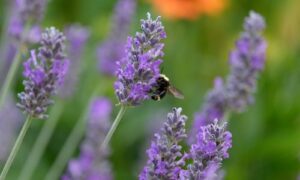
Check out our list of local wildlife-supporting plant stores and nurseries, organizations, and community science opportunities.
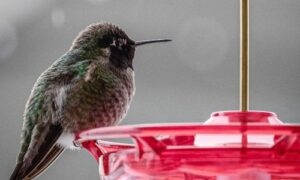
The urban environment presents dangers to wildlife that they are not always adapted to overcome. Reducing urban hazards is an essential part of enhancing habitat in cities. After all, we do not want to lure wildlife into our neighborhoods only to have them fatally collide with our windows.
Nature of Your Neighborhood is a collaboration between Birds Connect Seattle, the Capitol Hill EcoDistrict, and the Seattle Bird Conservation Partnership. Our goal is to foster relationships between the people and the nature of their neighborhoods.